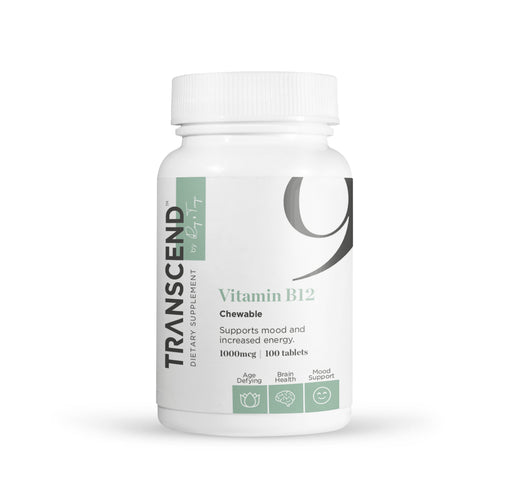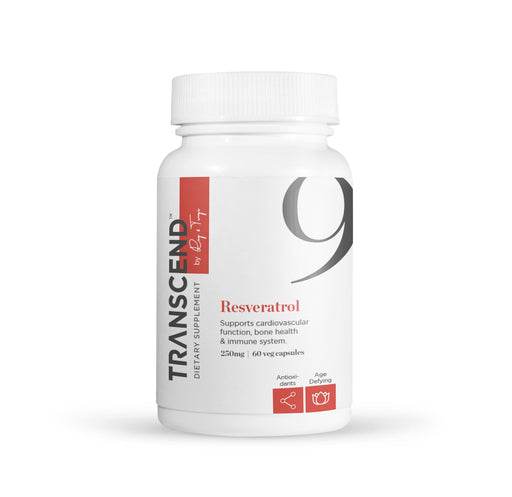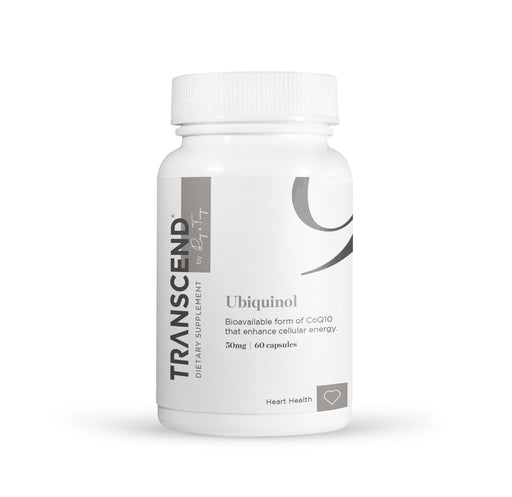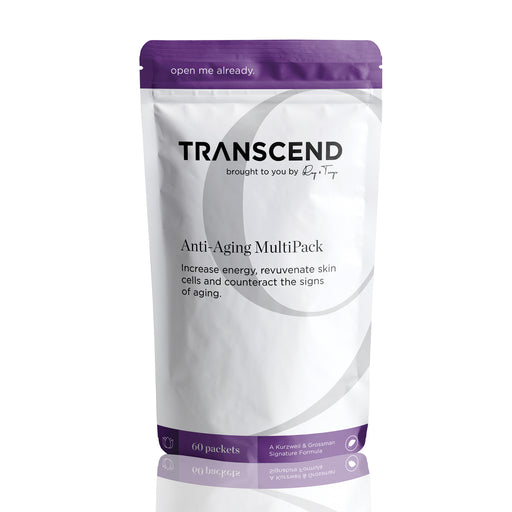
Vitamin B-12, Sublingual
Increased energy Improve mood Fight fatigue Common deficiency Better absorption Vitamin B12 (also called cobalamin) is one of eight water-solu...
View full details
If you’re a true Ray Kurzweil fan, or a close observer of the longevity space, you may have heard of Metformin.
Metformin (trade name Glucophage) is mainly used in treatment of diabetes mellitus type 2, especially when this accompanies obesity and insulin resistance. Thankfully, this drug remembers its humble roots (the active ingredient is sourced from a plant known as French lilac or goat’s rue) as it costs mere pennies per pill. In today’s world of astronomical pharmaceutical prices making the front page, this is excellent news.
This drug debuted in 1957 in France as a strong option against type-2 diabetes and really has not slowed down since. Ray Kurzweil personally takes Metformin and has for well over a decade. Ray used this prescription, a change in diet, supplements and exercise, in order to cure himself of type-2 diabetes, lose weight and maintain a healthy constitution.
Due to Ray’s intense lifestyle and strides in reprogramming his body chemistry, he slowed down his aging processes. His biological age, by most measures, is of a man decades younger than his birth certificate would indicate. Hormonally and nutritionally, he would be considered even younger.
Beyond Metformin’s initially intended anti-diabetic attributes, the drug has been found to have very promising uses. To start, Metformin is the only anti-diabetic drug that has been proven to protect against the cardiovascular complications of diabetes. This medication also appears to have at least some of the longevity properties associated with caloric restriction. Caloric restriction is a topic Ray Kurzweil is well-versed in.
The mitochondrial damage that the body is subjected to when it is in an overweight state, contributes greatly to the aging process. If a drug could assist the body in both weight reduction and this cellular damage (without the dreaded dietary requirements of CR), this could make the actual benefits of CR much more accessible for the population at large (no pun intended). Interestingly, animal experiments with Metformin (and without caloric restriction) show life extension properties similar to those of intentional CR alone.
A crucial part of the process that Metformin interrupts, is the production of glucose in the liver. Metformin suspends this process and reverses it, which leads to lower levels of glucose in the blood. If this process was not interrupted, the elevation of blood sugar and insulin (especially as we age and/or gain weight), would thereby exacerbate the body’s aging process. Accessory benefits of the drug are decreased appetite and food consumption, which leads to weight loss. Also, decreased LDL levels and cholesterol levels. This entire process impacts our ability to control our health, moods, energy levels, quality of life, and general feelings of wellness.
Using Metformin to combat disease beyond type 2 diabetes has been going on since the mid-2000’s, with exciting studies at the time finding that cancer patients who used the drug were less likely to die than cancer patients who did not. These treatment successes led to further studies and further support of the initial findings.
In 2014 for example, a study known as the Bannister study showed that a larger number of diabetics who took Metformin regularly lived just as long a non-diabetics. Historically, this would not have been the case, as diabetics were previously expected to live 10 years shorter than non-diabetics.
Fast forward to June of 2018, at the annual meeting of the American Society of Clinical Oncology (ASCO), where a group of researchers from Mexico City presented a powerful discovery. The researchers found that in a phase 2 trial in patients with stage 4 lung cancer, Metformin significantly improved survival when added to a standard therapy protocol. This study was just 1 out of 15 completed or planned studies for beyond 2018 in regards to Metformin in conjunction with cancer care.
One way that Metformin is thought to inhibit cancer tumor growth is simply from its ability to reduce sugar levels on the blood. Cancer cells required sugar in order to grow; Metformin quite literally starves those cells.
Another way that this drug related to cancer tumor reduction and the increased likelihood of cancer survival was identified by a team of Massachusetts General Hospital (MGH) and Harvard Medical School investigators. This team found a pathway that appears to function as the in-road for the drug to both block the growth of human cancer cells and in turn, extend the lifespan of their study subject- the C.elegans roundworm. (The finding of this pathway in the roundworm will be translated into much larger organisms, in due course). This pathway finding cannot be underestimated, as this signaling pathway, in totality, is crucial to the cancer cell’s vulnerability to Metformin.
The MGH team found that Metformin reduces the number of molecules traveling at a given time in and out of the nucleus of a cell. This reduction of congestion inside of our basic building units reduces cellular energy, which turns off mTORC1, (which is a cell growth molecule) and results in activation of the enzyme ACAD10, which both slows the growth and extends the lifespan of C.elegan roundworm.
We are awaiting further studies to be completed, but the benefits of Metformin have been being illustrated quite well so far. The trends are definitely pointing towards this drug being a “go-to” regime standard to fight against diabetes, aging, cancer, and beyond.

Increased energy Improve mood Fight fatigue Common deficiency Better absorption Vitamin B12 (also called cobalamin) is one of eight water-solu...
View full details
Combat internal aging Protect cells from radiation damage Increase antioxidant capacity Take with lecithin for better absorption Optimal dose for...
View full details
2022 update: Future batches of this product will use a Ubiquinol product that is a greenish capsule rather than a red softgel Bioavailable form o...
View full details
A Kurzweil + Grossman Formula Continued Synergy between Science and Convenience Convenient dosage packets Top anti-aging products Increase energy...
View full details
Leave a comment